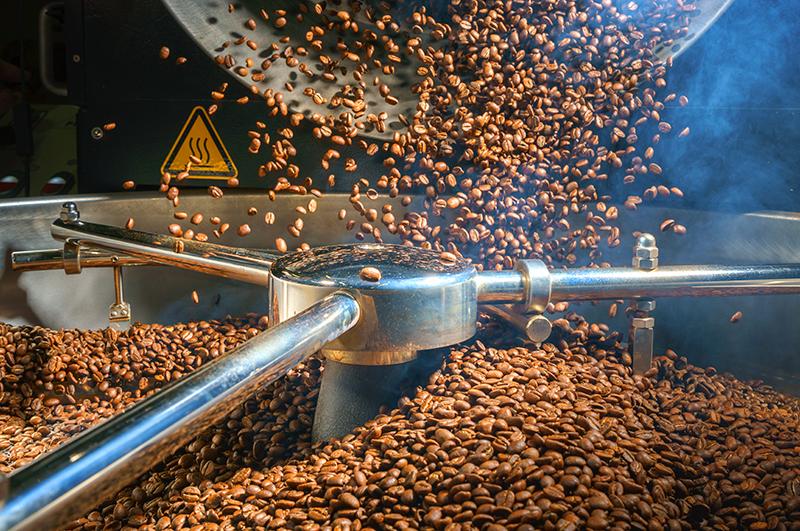Big Food Divestitures: Food Companies Refocus on Core Assets & Strengths

Big food has struggled to keep up with recent shifts in consumer taste. Tepid sales growth and languishing product lines serve as a stark contrast to new food & beverage companies and brands that seem to emerge overnight. As new leaders in food & beverage, young brands have not just kept up with consumer trends but have anticipated and helped mold them. Not surprisingly, the large food companies of the world have taken an interest in these disruptive businesses.
This “if you can’t beat ‘em, buy ‘em” approach has given way to considerable M&A activity and extraordinary valuations, and, more recently, a growing number of corporate venture capital funds among big food companies. The M&A landscape, however, has also seen a contrast to this trend take hold, as big food companies measure the value of a diversified portfolio of product lines (but perhaps an unwieldy one) against a more focused strategy (and doing what they do best). Recent M&A transactions serve as examples of the latter approach… A number of big food companies have pursued divestitures or spinoffs of noncore lines of business:
Campbell Soup Company (CPB) to divest its International and Fresh businesses:
- After profitable years in 2015 and 2016, the Fresh business operated at a loss in 2017 and 2018, and Campbell’s core Snacks and Meals & Beverages businesses have experienced declining sales over the same period
- Seeking to optimize its portfolio, Campbell will refocus on these two central but struggling businesses in North America, leveraging its iconic brands and leading market positions to be a leading snacks and simple meals company
- Campbell is reportedly in talks to sell the Fresh business to an investor group led by the former CEO of one of its divisions, Bolthouse Farms
Nestlé (NESN) sells US confectionery business to Ferrero:
- The sale allows Nestlé to invest in segments in which it sees strong future growth and currently holds leadership positions, such as pet care, bottled water, coffee, frozen meals and infant nutrition, with a particular focus on health and wellness
- Citing a market share of 4% and a limited ability to win, the lack of a leadership position in US confectionery was an important one in Nestlé’s decision, as the company reorients itself around categories in which it is much stronger
- For Ferrero, the transaction is a continuation of its recent US acquisition spree, solidifying its position as a global leader in chocolate and confections manufacturing
ConAgra Foods separates into ConAgra Brands (CAG) and Lamb Weston (LW):
- The transaction aligns with ConAgra Foods’ long-term strategy of transitioning the once agriculture-based business into a dominant CPG in the food industry: ConAgra Brands
- This transition began when ConAgra’s private brands were sold off in February 2016 and has continued with the overhaul of existing brands and modernization through acquisition, including the additions of Angie’s Boomchickapop and a Pinnacle Foods portfolio that includes Earth Balance and Udi’s
- At the same time, Lamb Weston has benefited from a renewed focus on its leading position as a potato products supplier to the food service industry; its stock has soared by over 100% since the spinoff in November 2016
Mondelez (MDLZ) and Brynwood Partners sell Snackwell’s to B&G Foods (BGS)
- Snackwell’s once generated more than $500 million in annual sales with its low-fat product line, but the brand suffered as low-carbohydrate and low-sugar diets gained favor
- Mondelez, with 10 “well-being brands” in its portfolio today, sold a controlling interest in Snackwell’s to Brynwood, a financial investor known for reviving tired brands, in December 2013
- Brynwood had modest success in revitalizing Snackwell’s, and sold it, along with the Back to Nature brand, to B&G in August 2017
The above transactions are illustrative of a broader trend in strategy in the food & beverage industry. Consumer tastes today shift as quickly as ever, and the pace of industry innovation has likewise been on the rise. These trends have paved the way for investment in food science and creative branding, as well as nimble startups and their entrepreneurial founders. Navigating these competitive dynamics requires discipline and strategic alignment throughout an enterprise. A strategic divestiture often enables leadership to sharpen its focus and can provide a company with the flexibility to redeploy capital in pursuit of growth opportunities that better align with its core strengths (both organic and through acquisition) or to provide liquidity to its shareholders – in either case, a path to realize full value.
Realizing Full Value
Corporate Fuel helps successful businesses address the challenges of growth.
Read our case studies
